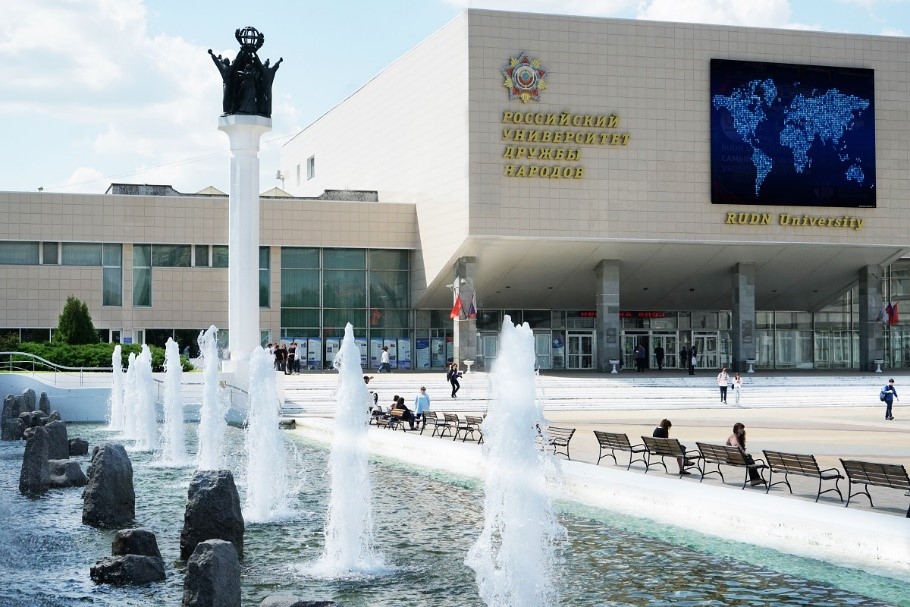RUDN in "the Priority 2030

RUDN among winners.
Among the winners are 80 universities subordinate to the Ministry of Education and Science of the Russian Federation. The other universities are institutions of the Ministry of Health, the Ministry of Culture, the Ministry of Agriculture, and the Ministry of Foreign Affairs. All universities of the Priority 2030 will receive the basic part of the grant for 100 million rubles.
For reference
The goal of the Priority 2030 program is to form a broad group of universities that will become leaders in creating new scientific knowledge, technologies and developments for implementation in the Russian economy and social sphere. Learn more about the “Priority 2030”.
The list of universities participating in the Priority 2030 selected based on the results of the commission’s review of development programs.
Sergey Ivanov, a scientist from St. Petersburg, became the first winner of the RUDN University International Prize for scientific achievements and merits in the field of mathematics in the amount of 5 million rubles.
Egyptian scientist Abdelraouf Masoud Ali, associate professor at the Department of Environmental Management, Institute of Environmental Engineering, has been awarded the 2024 Egyptian State Incentive Prize in Agricultural Sciences.
Inventors from 26 countries and 35 regions of Russia presented more than 500 projects at the XVIII Moscow International Salon of Inventions and Innovative Technologies “Archimedes”. 340 projects belong to Russian participants, and their foreign colleagues — 215. RUDN University initiatives were awarded two gold medals.
Sergey Ivanov, a scientist from St. Petersburg, became the first winner of the RUDN University International Prize for scientific achievements and merits in the field of mathematics in the amount of 5 million rubles.
Egyptian scientist Abdelraouf Masoud Ali, associate professor at the Department of Environmental Management, Institute of Environmental Engineering, has been awarded the 2024 Egyptian State Incentive Prize in Agricultural Sciences.
Inventors from 26 countries and 35 regions of Russia presented more than 500 projects at the XVIII Moscow International Salon of Inventions and Innovative Technologies “Archimedes”. 340 projects belong to Russian participants, and their foreign colleagues — 215. RUDN University initiatives were awarded two gold medals.